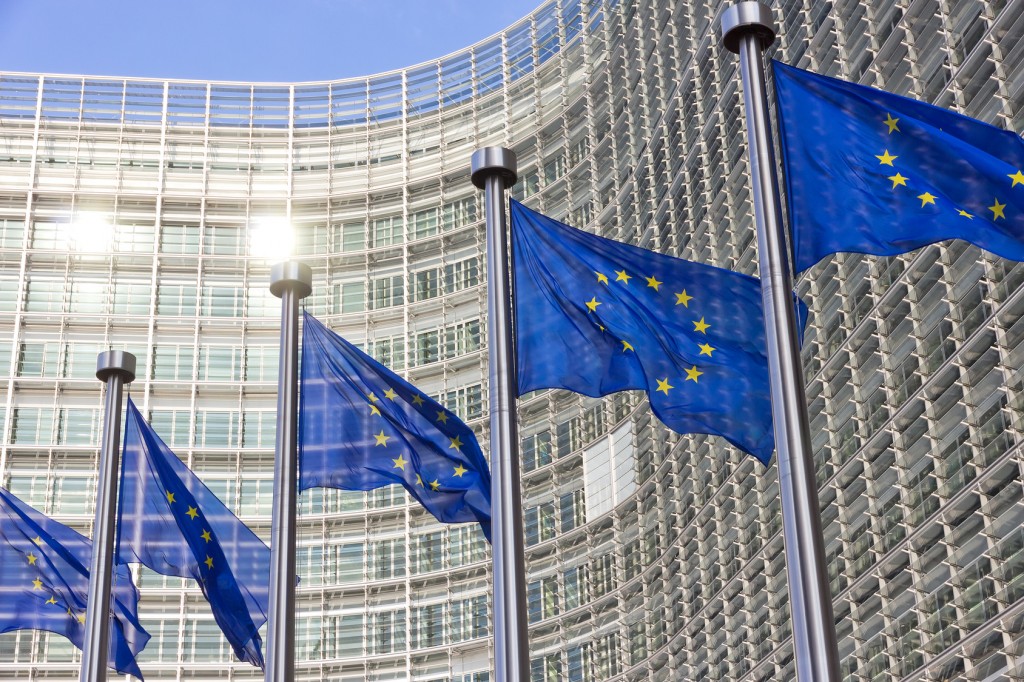
EU Proposes Tough Measures to Combat AI-Generated Child Sexual Abuse
The European Union (EU) is taking decisive steps to address the alarming rise in child sexual abuse (CSA) and exploitation, fueled by technological advancements. In a bid to strengthen prevention efforts and support victims, the European Commission has unveiled a comprehensive package of measures, including proposals to criminalize AI-generated imagery and deepfakes depicting CSA.
The proliferation of generative AI technology has facilitated the creation and dissemination of CSA material online, posing significant challenges for law enforcement and victim support organizations. Against this backdrop, the Commission’s proposal aims to update existing legislation to reflect the evolving nature of online threats to children.
Key highlights of the proposal include the introduction of new criminal offenses, such as live-streaming child sexual abuse and the possession and exchange of “pedophile manuals.” These measures are designed to broaden the scope of criminal liability and deter offenders from engaging in CSA-related activities.
Moreover, the proposal seeks to extend mandatory reporting obligations for professionals working closely with children, ensuring that incidents of abuse are promptly identified and addressed. Victims of CSA will also be granted the right to financial compensation, acknowledging the long-term impact of such trauma on their lives.
In addition to legal measures, the Commission emphasizes the importance of prevention and awareness-raising initiatives to safeguard children from online risks. Member states are urged to invest in educational programs that empower children and parents to navigate the digital landscape safely.
The proposed reforms are part of the EU’s broader strategy to combat CSA and protect children’s rights. By aligning with the objectives of the EU Strategy on the Rights of the Child and leveraging the Barnahus model for child-friendly justice, the Commission aims to create a comprehensive framework for addressing CSA across member states.
While the proposals mark a significant step forward in the fight against CSA, their final adoption hinges on the approval of the European Parliament and the European Council. Negotiations are expected to take place to reconcile any differences and ensure the effective implementation of the new directives.
In light of the urgent need to address online threats to children, the Commission is committed to swift action and collaboration with relevant stakeholders. By strengthening legal frameworks, enhancing support services, and promoting awareness, the EU aims to create a safer online environment for children and combat the pervasive impunity of CSA perpetrators.
The proposed measures underscore the EU’s unwavering commitment to protecting the most vulnerable members of society and upholding fundamental human rights. As technology continues to evolve, so too must our efforts to combat online exploitation and ensure the well-being of future generations.





